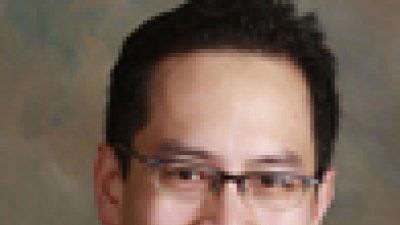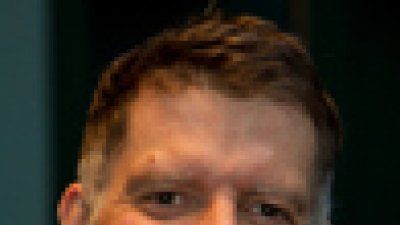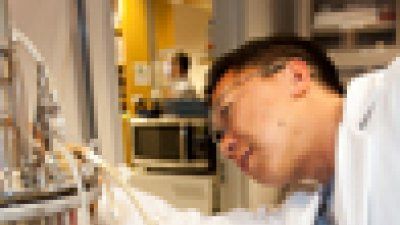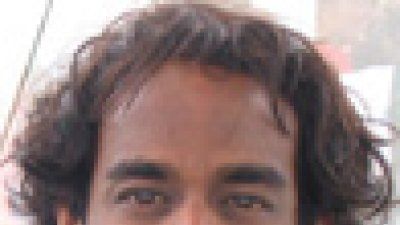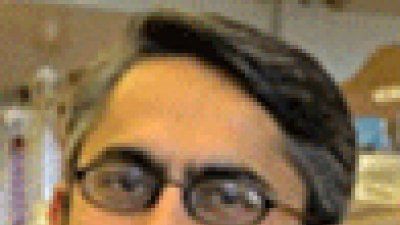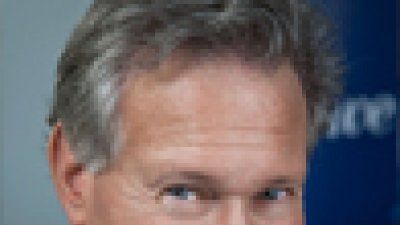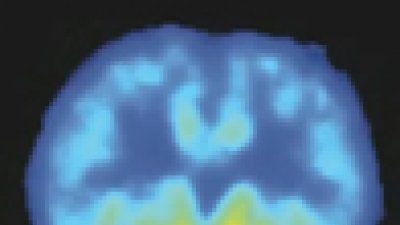Gladstone Scientists Identify Key Network Mechanism That Could Contribute to Cognitive Problems in Alzheimer's Disease
Scientists at the Gladstone Institutes have unraveled a process by which depletion of a specific protein in the brain contributes to the memory problems associated with Alzheimer’s disease. These findings provide insights into the disease’s development and may lead to new therapies that could benefit the millions of people worldwide.

